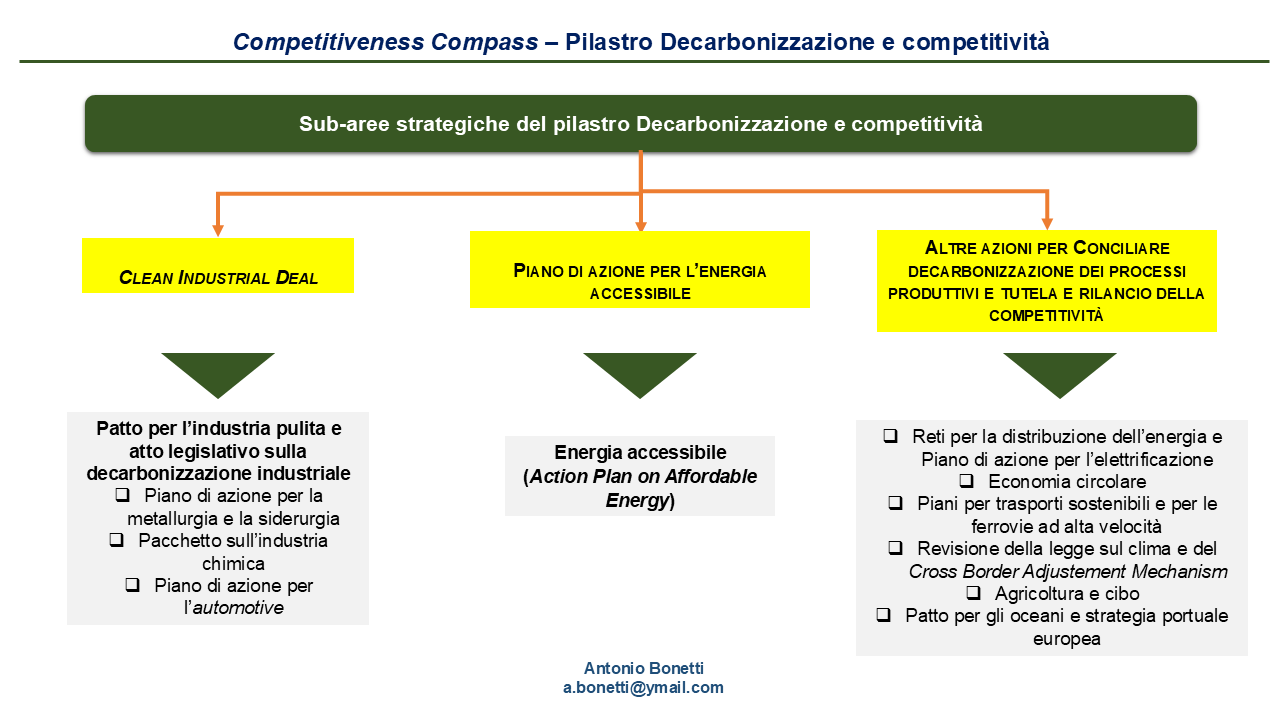“Society has always to demand
a little more from human beings
than it will get in practice”
George Orwell
How modern Welfare States are organized is bound to change profoundly, mainly because of structural demographic change. Currently, European countries record two particularly relevant phenomena that pave the way for radical innovations in Welfare States:
• the ageing population, that brings about new challenges to Welfare States and new pressures on public finance (see European Commission, The 2015 Ageing Report, 2015);
• the discovery of new digital tools and ICT-based products and services aimed at enhancing the quality of life of the sick and the aged, by devising ICT-based solutions to their typical problems. ICT-based innovations aim to both ameliorate social services – improving the quality of life, autonomy and participation in social life of older adults – and reduce public spending.
Against this background, the Active and Assisted Living Joint Programme (AAL JP) is one of the most useful Programmes co-financed by the EU. [1] Actually, the AAL JP’s mission is to bring new ICT-based products, solutions and service concepts used by or for older people to enhance their quality of life in the context of active and healthy ageing. [2]
The high-level objectives for AAL JP are:
- A better quality life for older adults.
- Increased efficiency and sustainability of the care systems.
- Strengthening the industrial base in Europe in ICT products and services for ageing well.
The strategic objectives are:
- Foster the emergence of innovative ICT-based products, services and systems for ageing well.
- Create a critical mass of research, development and innovation.
- Improve conditions for industrial exploitation. [3]
The specific objectives are [4]:
- Accelerate the emergence and take-up of relevant, affordable and integrated innovative ICT-based solutions for active and healthy ageing.
- Support the development of solutions that contribute to the independence and alleviation of a sense of social isolation of older adults.
- Maintain and further develop a critical mass of applied research, development and innovation at Union level in the areas of ICT-based products and services for active and healthy ageing.
- Develop cost-effective, accessible and, where relevant, energy-efficient solutions, including establishing relevant inter operability standards and facilitating the localisation and adaptation of common solutions.
 In a nutshell, the AAL JP combines different themes that are currently front and center when debating how to match technological progress and changing social needs:
In a nutshell, the AAL JP combines different themes that are currently front and center when debating how to match technological progress and changing social needs:
• the focus of research and innovation on pressing social needs, but with a view to developing new markets. The AAL Programme finances projects set to discover and/or improve new ICT-based products and services with a time-to-market of horizon of 2-3 years, after the end of the project;
• the search for new products and services (in particular, ICT-based products and services) able not only to solve the most pressing problems of end-users, but also to empower them. The Programme is particularly focused on personal autonomy, dignity and self-esteem of older adults, [5]
• the user-driven innovation approach. Eligible projects have to involve end-users and organizations representing older adults.
**************
[1] The AAL JP builds on Article 185 of the Treaty on the Functioning of the EU (TFUE). As a result, it follows particular rules jointly established by all Partner States (22) that take part in the Joint Programme. For more information about mission, management and calls for proposals of the AAL Programme visit its website: http://www.aal-europe.eu
[2] In this respect, the AAL Programme is widely coherent with another Joint Programme established according to Article 185 of the Treaty on the Functioning of the EU (TFUE), that it to say More Years, Better Lives JP (MYBL JP). MYBL is aimed to improve research and knowledge sharing with regard to sector and policy actions related to demographic change.
The Strategic Research Agenda on Demographic Change at the heart of this JP is structured around four overlapping research domains:
• Quality of life, health and well-being (How to ensure the best possible quality of life for all people, throughout their lives (including the final stages), recognising the diversity of individual circumstances and aspirations, and the role of social relationships in fostering individual wellbeing.)
• Economic and social production. (How can economic and social production be maintained across the extended lifespan in ways that are sustainable, equitable, and efficient in the use of human and technical resources?)
• Governance and institutions. (How might institutions and decision-making processes need to change, at all levels from local to European, to meet emerging needs and to ensure that all citizens can be full participants in decisions affecting their lives as the normal life course extends?)
• Sustainable welfare. (How is it possible to secure adequate levels of social welfare for all people, as the age balance of the population changes, and the proportion who are economically inactive grows?)
[3] High-level, strategic and specific objectives are those indicated in the following key documents:
• Decision No 554/2014/EU of the European Parliament and of the Council on the participation of the Union in the Active and Assisted Living research and development programme jointly undertaken by several Member State (endorsed on 15 May 2014);
• AAL Programme Plan 2014-2020;
• Methodology to undertake innovation impact assessment of AAL Programme projects. – Final report, 15 December 2014 (by Technopolis);
• Final Evaluation of the Ambient Assisted Living JP 2008-2013 (by the EC).
[4] See Decision No 554/2014/EU of the European Parliament and of the Council, Annex I.
[5] It seems to me that there are two particularly important key features of this Joint Programme to bring into sharp focus:
• the request for unlocking the potential of innovation in order to improve cost-efficiency and sustainability of health services and medical care, while finding new solutions to acknowledged and emerging threats to citizens health,
• the importance of empowering older adults, by enhancing their personal autonomy, dignity and self-esteem and allowing them to stay in their favourite environments.










